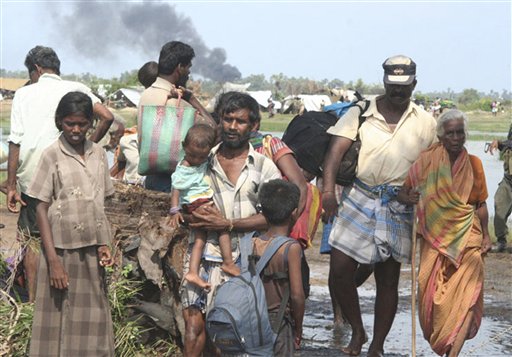We have all heard the word reconciliation used by politicians often. Sometimes it’s about peace,co-existence, and unity. But most often it is about foreign influence, sovereignty, prosecuting war heroes, and lies.
Since January 2015, the word Reconciliation has been tossed around the general discourse so frequently by the Government and at many politically convenient turns by the opposition, that it is natural for us to associate the word with all the lies that are sold with it. Nevertheless, a vital question we should all ask is, in its true sense- do we need it? This question should arise not only among the public, but especially among victim groups who are directly impacted by Government policies and promises on the matter. Why does it matter to victims? These victims are often individuals or families whose entire lives have been transformed by war and conflict. For them, reconciliation is not an alien word imposed upon them through Western conspiracies. It is the chance to get an education, access to healthcare and clean water, to reclaim the lands they grew up on, or the chance to find a missing relative who they do not know is dead or alive, or simply to rebuild their livelihoods in order to survive through to the next day. The Government’s commitment to reconciliation in that sense is a basic support structure to heal victims from the wounds of war, riots or insurrections that are fresh and present in their daily lives, even many decades after the end of those conflicts. Are people aware?
However, this is not a need that is readily visible or a plea that can be sympathized with for most citizens who are not directly impacted by whether the Government provides a system of support for these victims or neglects their needs. Despite the clear possibility of such neglect
leading to insecurities among the marginalized, generational grudges, and even a threat to our nation with the prospect of outright conflict- the Sri Lankan public can still easily be sold the concept of foreign intervention. It is a convenient bait dangling on the end of political maneuvering. As responsible and concerned citizens we must be vigilant about if the Government is keeping to its promises and protecting our citizens who are still suffering the consequences of war and violence, or if it is making politically advantageous decisions and avoiding these commitments.
Peace should always be a priority.
